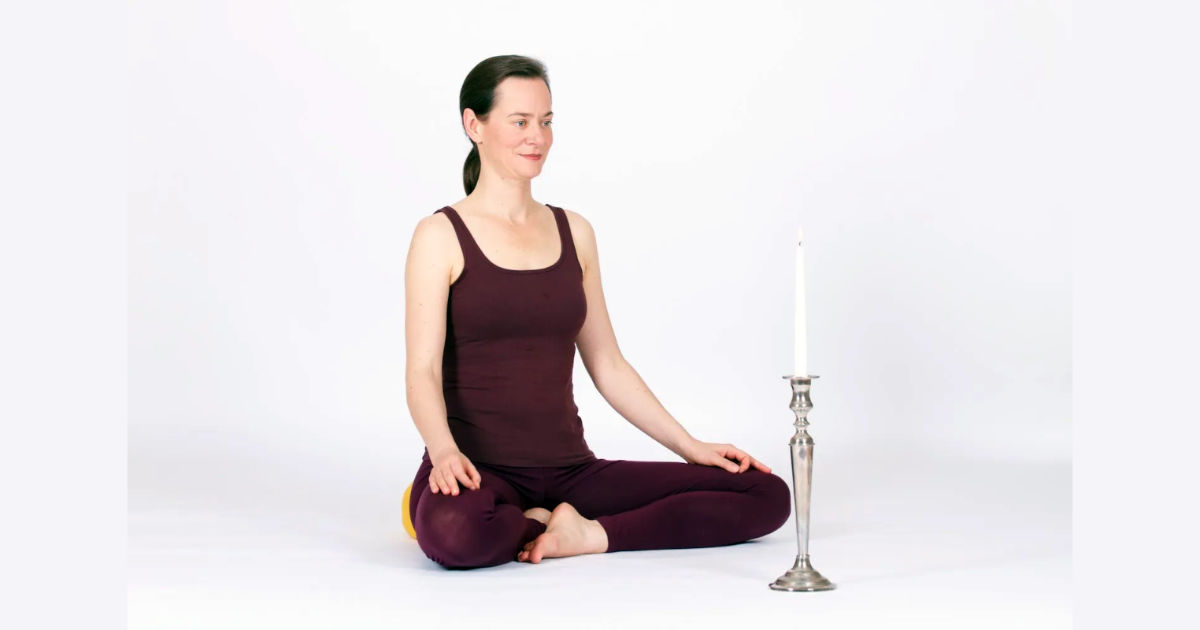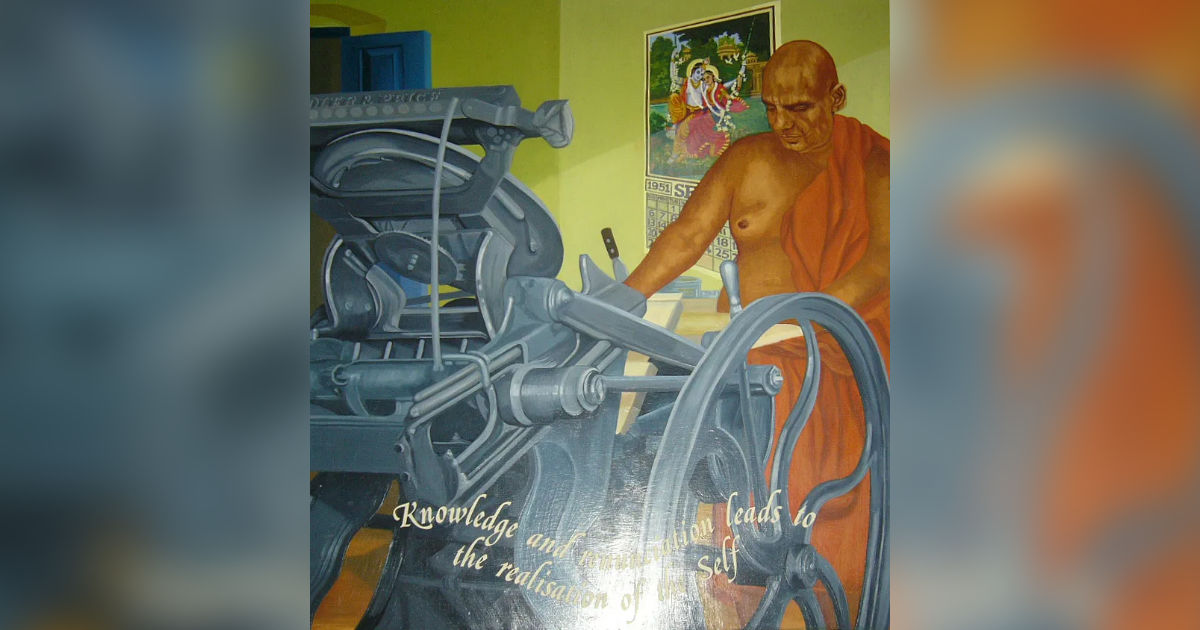O Krishna! May the royal swan of my mind enter today itself into the nest (safe place) of Your lotus feet. How can one otherwise be sure of remembering You later when one’s pranas are leaving the body (one is in the throes of death) with phlegm, wind, and bile blocking one’s throat (making breathing itself difficult)?
On Hari alone I meditate constantly, on Him who has a soft smile on his lotus face, who is the son of a cowherd Nanda, who is higher than the highest and who is adored by sages like Narada.
Tired of roaming in the desert of worldly existence, I find now this beautiful lake named Hari. Taking a refreshing bath in it, drinking its water which is his radiant compassion, I give up all my sorrow today! This lake Hari has his lovely hands and feet as the lotuses, His charming eyes as the fish in it, His attractive arms as the rising waves in it, and relieving us of all our exhaustion, it has indeed great depth.
Extracted from Mukundmala. Continue reading















